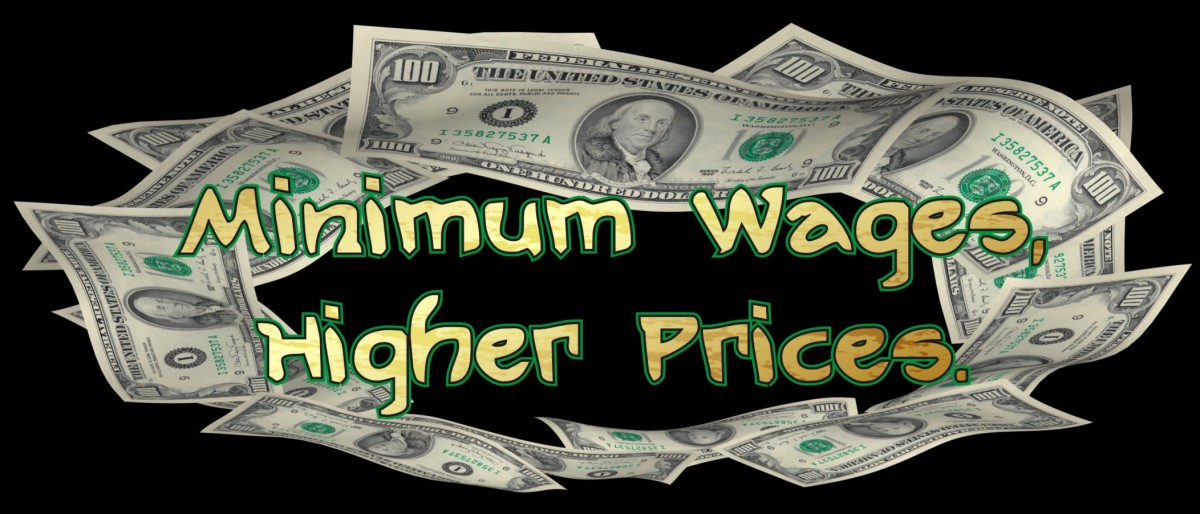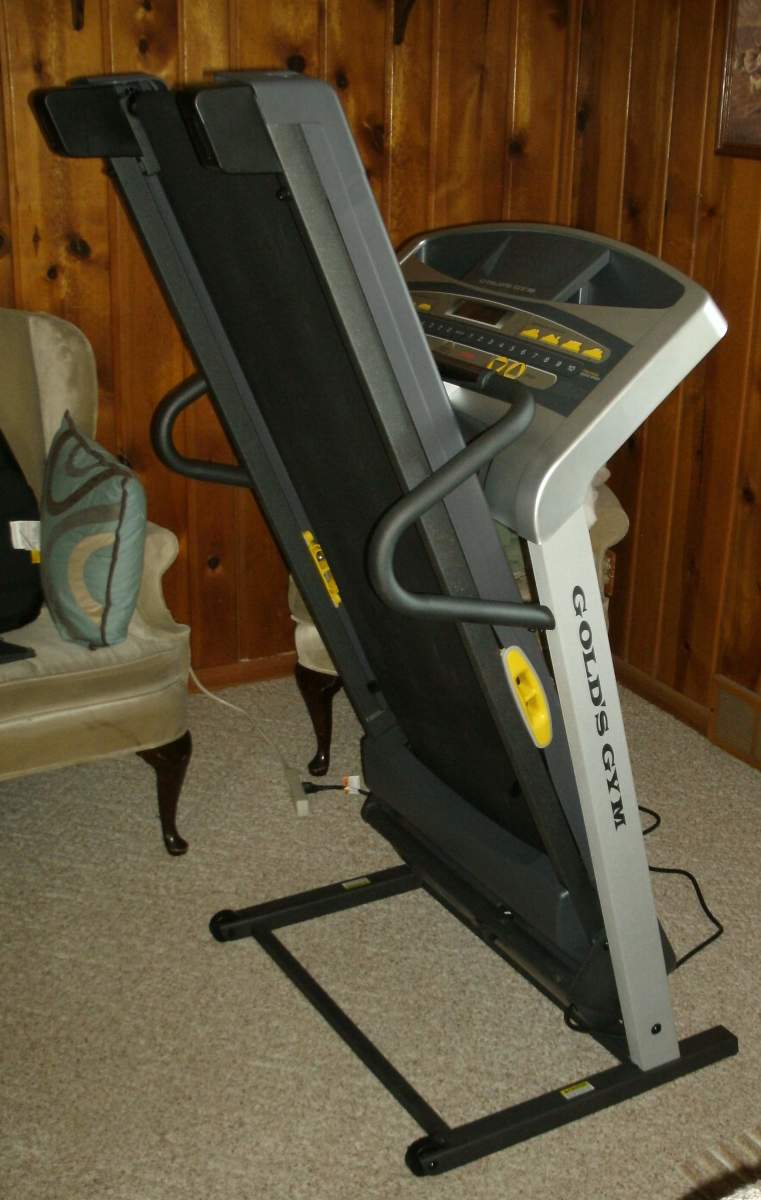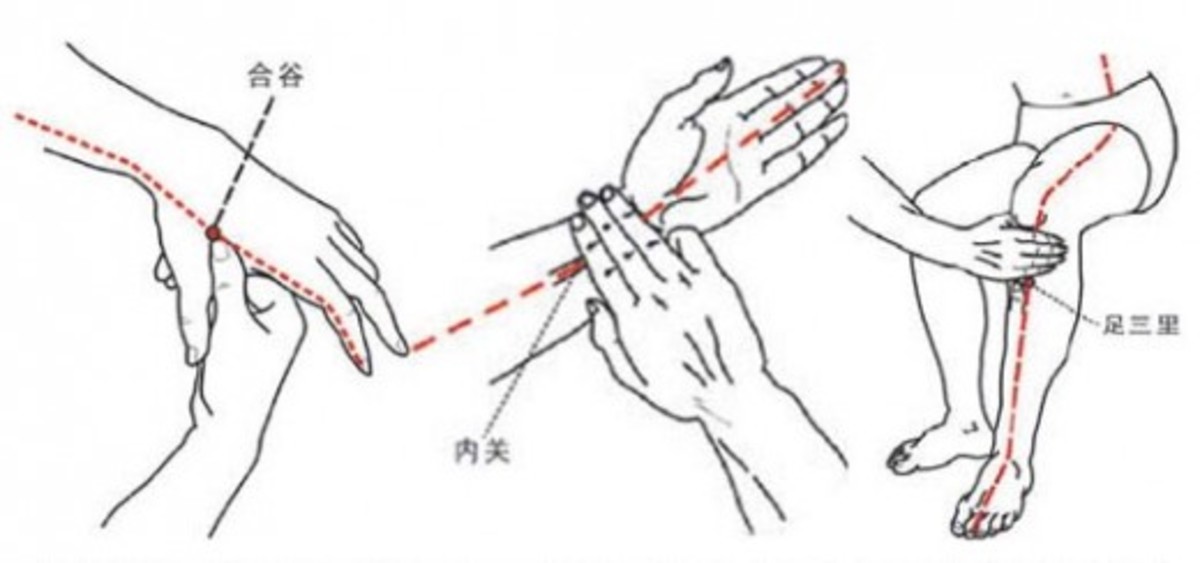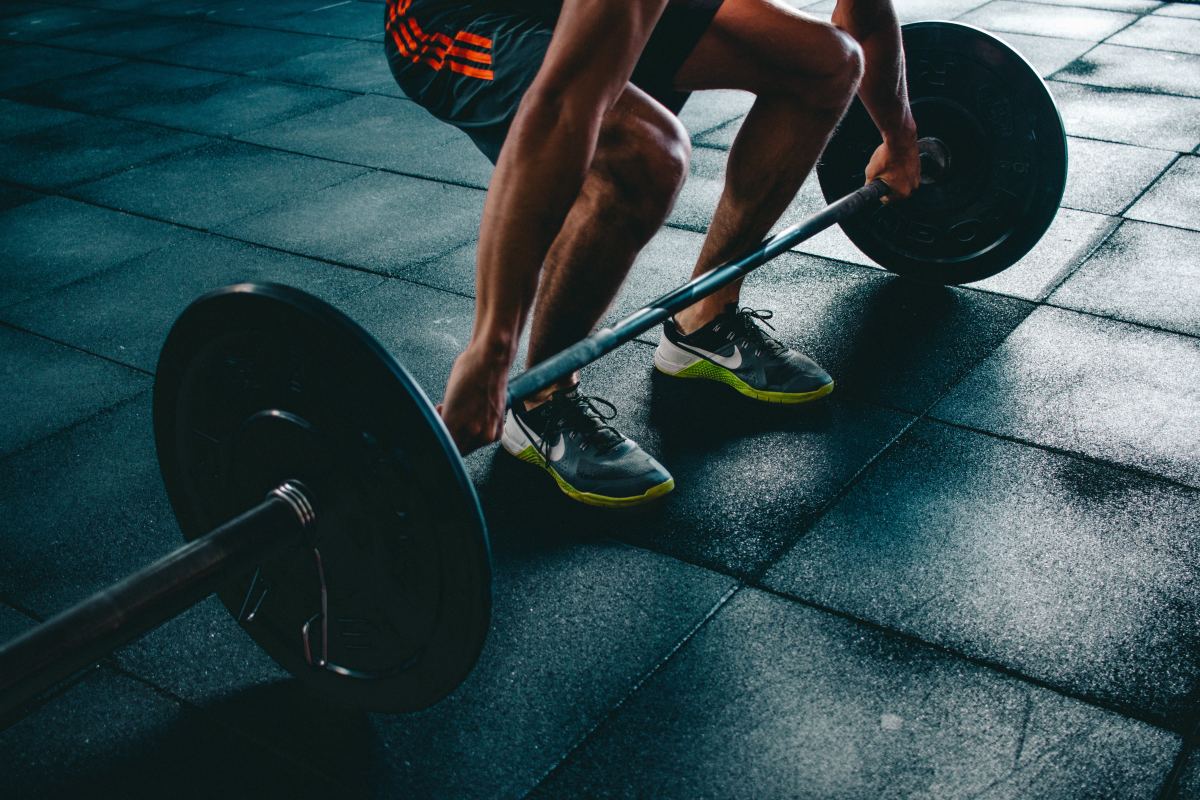Exercise to Treat Insomnia
Exercise to Treat Insomnia
Exercise is one of the nonpharmacologic therapies for insomnia, but excessive exercise can worsen insomnia. There is a reciprocal relationship between them in the form of decreased interest in exercising in people with insomnia. The doctor must educate about how to increase motivation to exercise. The doctor also explains about the types and duration of exercise to insomnia can be appropriately handled.
Insomnia is characterized by difficulty entering the sleep phase, maintaining the duration of sleep or waking up too fast, and difficult to go back to sleep. Globally, 10-40% of the population experience insomnia. Various therapeutic methods have been carried out to overcome insomnia, including advising sufferers to do exercise.
Exercise as Insomnia Therapy
Exercise is an effective non-pharmacological approach for treating insomnia. Besides having a low cost and easy to do, exercise has few side effects and is milder than pharmacological therapy. Simultaneously, exercise also provides health benefits for other body systems, such as for depression.
The Mechanism of the Benefits of Exercise for Insomnia
The mechanism of exercise in treating insomnia is through thermoregulation, circadian rhythm regulation, regulation of metabolic processes, and systems.
Thermoregulation
A decrease in body temperature triggers the sleep process. Exercise initiates sleep due to the activation of heat loss regulated by the hypothalamus. Due to an increase in core temperature in the brain and peripheral skin, resulting in a decrease in body temperature and arises drowsiness.
Management of Circadian Rhythm / Biological Clock the Body
Sleep follows the body's circadian rhythm. Aside from being sympathetic and parasympathetic nerve interactions, hormones also play an essential role in regulating sleep. After exercising, melatonin 'sleep hormone' increases, results in improved sleep quality.
Regulation of Metabolism and Endocrine
Exercise affects the metabolism of the heart and blood pressure through the sympathetic nerve pathway. During exercise, sympathetic nerve stimulation is increased and then decreased slowly to reach the sympathovagal balance. Later the parasympathetic nerve stimulation occurs. This process causes a decrease in heart rate, which is important in the preparation of the sleep phase.
Other activated pathways are the somatotropic and gonadal pathways and the HPA (hypothalamic-pituitary-adrenal) axis. Exercise can decrease growth hormone production and increase cortisol. Both of these hormones play a role in glucose metabolism. As a result, decreased insulin resistance and increased glucose uptake. This whole process plays a role in increasing the duration of sleep.
Immune System Regulation during Exercise
Good quality sleep is an indicator of the immune system working well. Changes in immune system regulation can remedy sleep disorders. Exercise reduces prostaglandin E2, TNFα, NK / natural killer cells. But, exercise increases proinflammatory cytokines, IL-6.
Exercise as Physical Stressors
Exercise is one of the physical stressors that trigger the brain to compensate by sleeping deeper.
Increased Production of Hormones Serotonin, Norepinephrine, and Endorphins
Exercise increases the production of endorphin, norepinephrine, and serotonin neurotransmitters in the brain and nervous system. Exercise also increases the transmission of these neurotransmitter synapses. Increased production of neurotransmitters and synaptic transmission increases mood and decreases anxiety. Mood and anxiety are markers of insomnia. Studies show that aerobic exercise is best for producing this effect.
Decrease Depression
Insomnia risks causing depression. Regular exercise acts as an antidepressant that helps deal with depression.
Scientific Evidence of the Benefits of Exercises Against Insomnia
Routine, frequency, time, and intensity of exercise must be considered. WHO recommends doing regular exercise with moderate intensity at least 150 minutes per week for the treatment of insomnia.
Routine Exercise
Incidental and routine exercise have different effects on insomnia. Regular exercise is more beneficial than exercise that is only carried out at one time (incidental). However, incidental exercise is better than no exercise at all.
Exercise intensityA study shows that exercise with low intensity in adults and the elderly continues to affect insomnia treatment compared to populations who do not exercise at all. However, better sleep quality was found in those who exercise with moderate-heavy intensity. In this study, sleep quality exercise was measured by the Pittsburgh Sleep Quality Index (PSQI), Insomnia Severity Index (ISI), and polysomnography.
The definition of Moderate-heavy exercise is an exercise that increases heart rate and increases the breathing rate. Example: swimming, running, biking, or playing sports such as soccer, basketball, and volleyball.
Experimental studies with exercise interventions for ten weeks to 54 weeks show consistent results at various age levels. In adolescents, adult, middle-aged, and older people who experience insomnia, the quality of sleep is better if doing aerobic exercise with moderate intensity. Examples of moderate-intensity aerobic exercise are walking, dancing, swimming, jogging, bicycle, kickboxing, tai chi. However, other studies have also found results in improving sleep quality after weight training.
Frequency of exercise
The study found that the duration of exercise also affects insomnia. The risk of insomnia is increased in people with deficient levels of exercise frequency (less than 10 minutes per day) and very high (> 300 minutes per week).
TimeThe right time to exercise is also important. A meta-analysis of data states that there is a decrease in sleep onset latency (SOL) and wake after sleep onset (WASO) if exercise is carried out 4-8 hours before bedtime. Also, there is no improvement in insomnia if exercise is carried out for more than 8 hours or less than 4 hours before sleeping.
Effect of Insomnia on Exercise
A study concluded that insomnia would reduce the motivation to exercise and increase the risk of injury. Insomnia increases the inflammatory response and endothelial dysfunction, which causes an increase in the pain threshold and the risk of injury. Insomnia can reduce levels of growth hormone, prolactin, and testosterone, which can cause muscle and joint damage.
The effect of insomnia on exercise makes doctors educate patients. Doctors advise patients to exercise that has a low risk of injury, such as swimming, especially in elderly patients. Patients should also be educated to warm up before exercising to reduce the risk of injury.
Doctors also have to educate patients about ways to increase motivation to exercise. Some ways to increase exercise motivation that can be educated on patients are:
- Instill intention. The intention is essential to form internal motivation and as a basis for setting goals.
- Make a schedule.
- Set a target. Adjust the target with ability, start exercising with a mild intensity with a short duration for 10-15 minutes then increase the intensity and duration slowly.
- Indoor / indoor sports. If time is limited, exercise can still be carried out indoors, both at home and in the office.
- Invite family, friends, or join the community to stay motivated to exercise, If finding difficulty to form self-motivation.
- Focus on the process, not the duration. Improvement of sleep disorders is certainly not instant, so this perspective is important to emphasize at the start so that patients do not have excessive expectations. Monitoring of success is determined after regular exercise, not after incidental exercise
- Warming up before exercising to reduce injury.
Conclusion
One non-pharmacological approach that is recommended for insomnia is to exercise. Studies show that exercise is effective in treating insomnia. WHO recommends doing regular exercise with moderate intensity at least 150 minutes per week to treat insomnia.
Doctors also need to be aware of the reverse effect between insomnia and exercise in the form of decreased motivation to exercise to increase the risk of injury. For this reason, patients must be educated on how to prevent injury and how to increase motivation so that exercise can be carried out effectively
This content is accurate and true to the best of the author’s knowledge and does not substitute for diagnosis, prognosis, treatment, prescription, and/or dietary advice from a licensed health professional. Drugs, supplements, and natural remedies may have dangerous side effects. If pregnant or nursing, consult with a qualified provider on an individual basis. Seek immediate help if you are experiencing a medical emergency.








